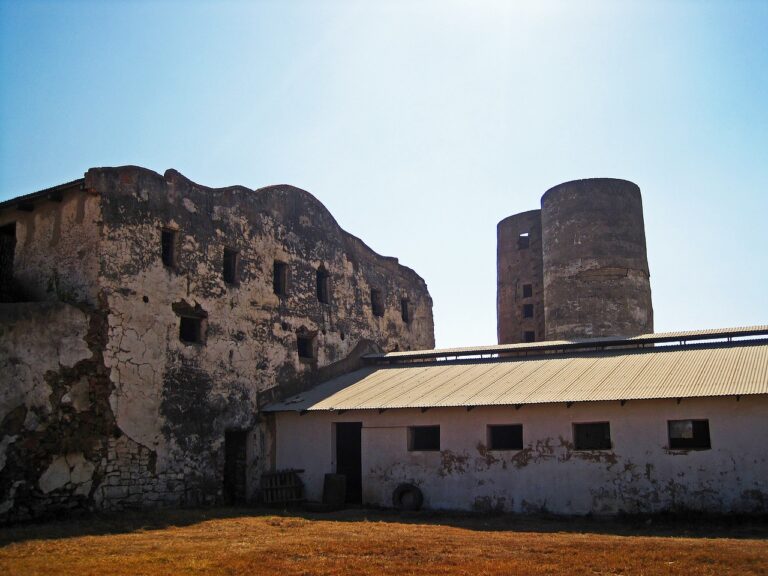The Impact of Eco-Tourism on Local Agriculture: All panel login mahadev book, Lotus bhai.com, Laser book 247 com registration
all panel login mahadev book, lotus bhai.com, laser book 247 com registration: Eco-tourism has become increasingly popular in recent years as people seek out more sustainable and responsible ways to travel. This type of tourism focuses on exploring natural environments, respecting local culture, and supporting conservation efforts. While eco-tourism can have many positive impacts on local communities, including economic growth and environmental protection, it can also have unintended consequences on local agriculture.
Supporting Local Agriculture
One of the key ways that eco-tourism can impact local agriculture is through the support of small-scale farmers and producers. Many eco-tourism initiatives focus on promoting locally sourced food and products, which can provide a significant income stream for farmers in the area. By purchasing goods from these farmers, eco-tourism helps to support the local economy and preserve traditional farming practices.
Preserving Biodiversity
Another important aspect of eco-tourism is its focus on preserving biodiversity. By highlighting the unique ecosystems and wildlife of a region, eco-tourism can help raise awareness about the importance of protecting these resources. This, in turn, can lead to efforts to conserve and restore natural habitats, which can benefit local agriculture by providing a healthier environment for crops and livestock.
Promoting Sustainable Practices
Eco-tourism also has the potential to promote sustainable agricultural practices. Many eco-tourism operators work closely with local farmers to implement environmentally friendly farming techniques, such as organic farming or agroforestry. By supporting these practices, eco-tourism can help reduce the negative impacts of agriculture on the environment, such as deforestation and water pollution.
Challenges Faced by Local Agriculture
Despite these potential benefits, eco-tourism can also pose challenges for local agriculture. Increased tourism can put pressure on limited water resources, leading to conflicts between farmers and tour operators. Additionally, the demand for local products from tourists may drive up prices, making it difficult for locals to access their own agricultural goods.
Furthermore, the introduction of new crops or livestock species to meet the needs of eco-tourism can threaten traditional farming practices and biodiversity. In some cases, farmers may be pushed to prioritize producing goods for tourists over meeting their own food needs, leading to food insecurity.
FAQs
Q: How can eco-tourism benefit local agriculture?
A: Eco-tourism can benefit local agriculture by supporting small-scale farmers, preserving biodiversity, and promoting sustainable practices.
Q: What are some challenges faced by local agriculture due to eco-tourism?
A: Challenges include increased pressure on water resources, higher prices for local goods, threats to traditional farming practices, and food insecurity.
Q: How can farmers and eco-tourism operators work together to address these challenges?
A: By fostering open communication, collaboration, and a shared commitment to sustainability, farmers and eco-tourism operators can find solutions that benefit both the local community and the environment.







